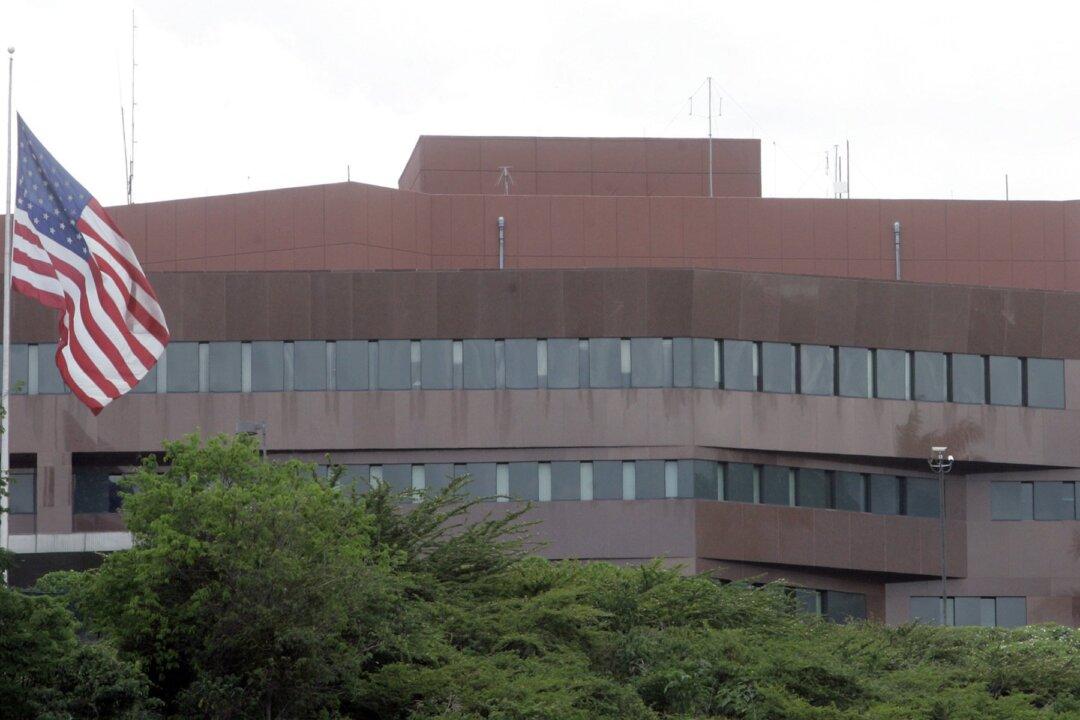CARACAS, Venezuela—The United States announced late Monday, March 11, that it is pulling the remaining staff from its embassy in Venezuela, citing the deteriorating situation in the South American nation.
“Like the January 24 decision to withdraw all dependents and reduce embassy staff to a minimum, this decision reflects the deteriorating situation in Venezuela as well as the conclusion that the presence of U.S. diplomatic staff at the embassy has become a constraint on U.S. policy,” the State Department said.





